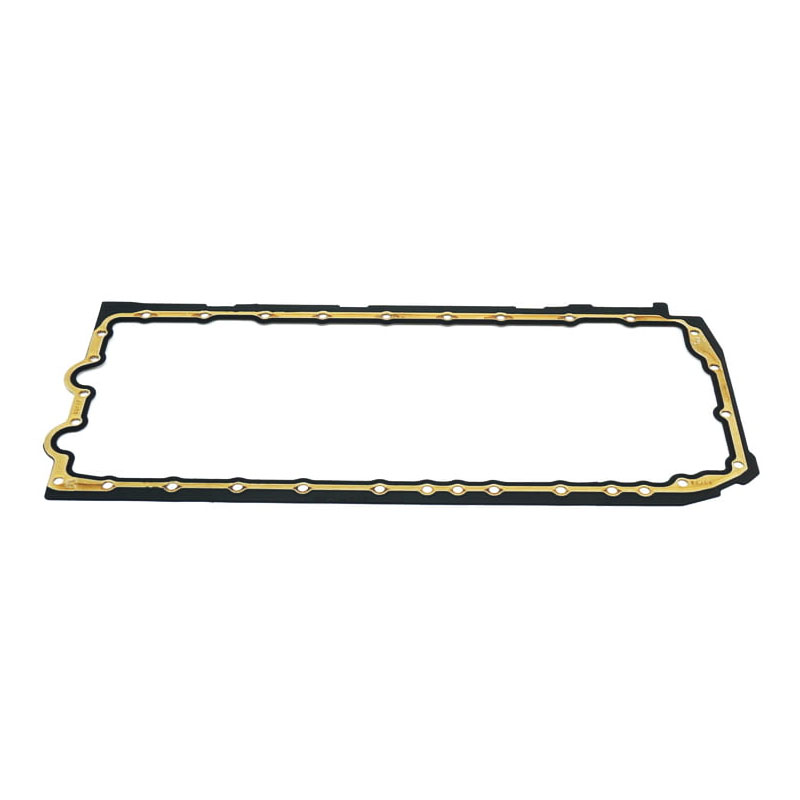shaft seal differential
Understanding Shaft Seal Differential Importance and Applications
Shaft seals are critical components in various mechanical systems, designed to prevent fluid leakage between stationary and rotating parts. One specific application of shaft seals is in differential systems, which are vital in vehicles for distributing power from the engine to the wheels while allowing them to rotate at different speeds during turning. Understanding the function and importance of shaft seal differentials helps in ensuring the efficiency and longevity of automotive systems.
Differentials are commonly found in rear-wheel-drive and four-wheel-drive vehicles. They enable the wheels on the outside of a turn to rotate faster than those on the inside, thereby providing better traction and control. A shaft seal plays a crucial role in these systems by sealing the open ends of the differential housing where the axles pass through. This sealing is essential to prevent the escape of differential fluid, which lubricates the gears and allows the system to function smoothly.
The differential fluid is typically a specialized lubricant that reduces friction between moving parts and dissipates heat generated during operation. If a shaft seal fails, it can lead to a loss of this vital fluid, resulting in increased friction, overheating, and potential damage to the differential gears. Moreover, a leak can also allow contaminants, such as dirt and water, to enter the differential housing, causing further harm.
shaft seal differential

When selecting a shaft seal for a differential, several factors must be considered. These include the material of the seal, its resilience against various temperature ranges, chemical compatibility with the lubricants used, and the design that fits the specific dimensions of the differential. Common materials for shaft seals include rubber, silicone, and polyurethane, each offering different benefits in terms of durability and resistance to wear.
Regular maintenance of the differential, including inspection of the shaft seals, is essential for the longevity of the vehicle. Mechanics often check for signs of leaking fluid or damage to the seals as part of routine service. Addressing any issues promptly can prevent more significant problems in the future, which could result in costly repairs or even complete differential failure.
In addition to automobiles, shaft seal differentials also have applications in various industrial machinery and equipment, such as agricultural machines and construction equipment. These systems rely on the same principles to transmit power efficiently while preventing leakage and contamination.
In conclusion, shaft seal differentials are indispensable in both automotive and industrial applications. They not only protect the integrity of the differential system by preventing leaks and contamination but also contribute to the overall efficiency and performance of the machinery. Understanding their function and ensuring regular maintenance can lead to better reliability, reduced operational costs, and enhanced safety in vehicle operations. Ultimately, investing in high-quality shaft seals and adhering to maintenance schedules is essential for anyone looking to maintain the performance of their differential systems over time.
-
Simplifying Oil Changes: A Comprehensive Guide to Oil Drain Plugs and Their Variants
News Aug.04,2025
-
Mastering Oil Drain Maintenance: Solutions for Stripped, Worn, and Upgraded Oil Plugs
News Aug.04,2025
-
Fixing Oil Pan Plug Issues: Leaks, Stripped Nuts, and the Right Replacement Solutions
News Aug.04,2025
-
Everything You Need to Know About Oil Drain Plugs: Sizes, Fixes, and Upgrades
News Aug.04,2025
-
Choosing the Right Oil Drain Plug: A Guide to Sizes, Materials, and Drain Innovations
News Aug.04,2025
-
A Complete Guide to Automotive Drain Plugs: Types, Problems, and Innovative Solutions
News Aug.04,2025
-
The Ultimate Guide to Car Repair Kits: Tools and Essentials Every Driver Should Own
News Aug.01,2025
Products categories















